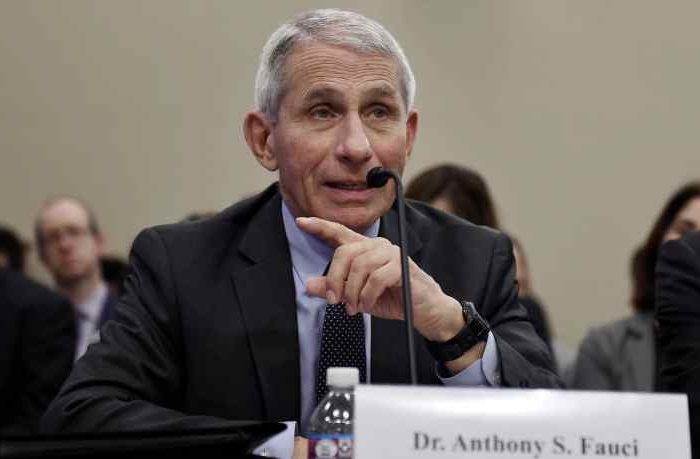Hydroxychloroquine linked to an increased rate of mortality, according to a new study of about 15,000 coronavirus patients

Since March, we’ve been telling you about hydroxychloroquine, the malaria drug that has now turned to be the most controversial drug in America. Although there is anecdotal evidence that coronavirus patients and health workers benefited from the hydroxychloroquine, azithromycin, and Zinc, many other clinical trials showed quite the opposite.
Some pointed out to the flaw in the the clinical trials. Other argued the trials were either conducted on people who had been seriously sick for over for two weeks. Regardless, more and more studies are now showing the drug to be unsafe for coronavirus patients. Also in April, the NIH Panel recommends against the use of hydroxychloroquine plus azithromycin for the treatment of COVID-19, except in the context of a clinical trial (AIII).
Now, a new study of nearly 15,000 COVID-19 patients published on Friday in the medical journal The Lancet found those being treated with the antimalarial drugs hydroxychloroquine and chloroquine are at a higher risk of death and irregular heart rhythms than those not receiving it. It’s worth noting that this study comes four days after President Trump said he’s been taking hydroxychloroquine to prevent coronavirus infection.
According to the study, 96,032 patients with COVID-19 were hospitalized during the study period and met the inclusion criteria. Of these, 14 888 patients were in the treatment groups (1868 received chloroquine, 3783 received chloroquine with a macrolide, 3016 received hydroxychloroquine, and 6221 received hydroxychloroquine with a macrolide) and 81 144 patients were in the control group. 10 698 (11·1%) patients died in hospital. After the study, researchers analyzed data from more than 96,000 patients with confirmed coronavirus from 671 hospitals.
Below is the summary of their findings.
– 1 in 11 patients in the control group died
– 1 in 6 patients treated with chloroquine or hydroxychloroquine alone died
– 1 in 5 treated with chloroquine and an antibiotic died
– 1 in 4 treated with hydroxychloroquine and an antibiotic died
All four of those treatments were linked with a higher risk of dying in the hospital. About 1 in 11 patients in the control group died in the hospital. About 1 in 6 patients treated with chloroquine or hydroxychloroquine alone died in the hospital. About 1 in 5 treated with chloroquine and an antibiotic died and almost 1 in 4 treated with hydroxychloroquine and an antibiotic died.
Researchers also found that serious cardiac arrhythmias were more common among patients receiving any of the four treatments. The largest increase was among the group treated with hydroxychloroquine and an antibiotic; 8% of those patients developed a heart arrhythmia, compared with 0.3% of patients in the control group.




